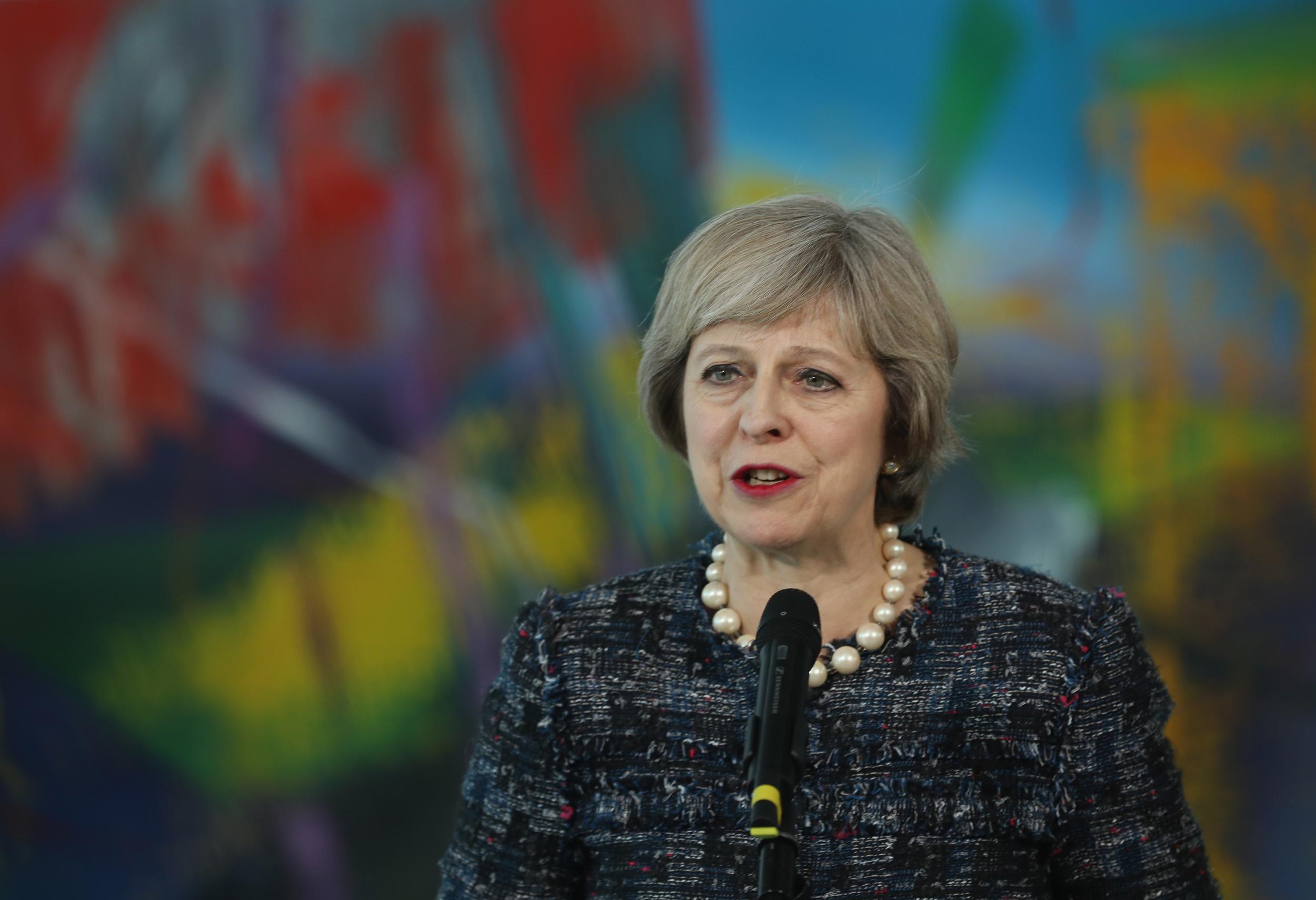Theresa May appears to have 'historically obsolete’ view on welfare, academics claim
Despite her claim to govern not in the interests of the privileged few Ms May is continuing austerity with further welfare, the Cambridge academics add

Your support helps us to tell the story
From reproductive rights to climate change to Big Tech, The Independent is on the ground when the story is developing. Whether it's investigating the financials of Elon Musk's pro-Trump PAC or producing our latest documentary, 'The A Word', which shines a light on the American women fighting for reproductive rights, we know how important it is to parse out the facts from the messaging.
At such a critical moment in US history, we need reporters on the ground. Your donation allows us to keep sending journalists to speak to both sides of the story.
The Independent is trusted by Americans across the entire political spectrum. And unlike many other quality news outlets, we choose not to lock Americans out of our reporting and analysis with paywalls. We believe quality journalism should be available to everyone, paid for by those who can afford it.
Your support makes all the difference.Theresa May appears to subscribe to the same “historically obsolete” view on welfare as her predecessor David Cameron, a group of academics have claimed.
Despite her pledge on the steps of Downing Street when she became Prime Minister to govern not “in the interests of the privileged few” the Cambridge academics warn Ms May is pressing ahead with austerity “with further welfare cuts inflicted on the poor and their children, the vulnerable, and infirm older people”.
They add that cutting welfare and social care budgets in times of economic hardship, on the basis these are luxuries that can only be afforded when times are good, overlooks their role in a nation's economic success.
The authors add: “In his closing speech at the Conservative Party conference in 2014, the then Prime Minister David Cameron said that “you can only have a strong NHS if you have a strong economy”. The narrow view that spending on the NHS and social care is largely a burden on the economy is blind to the large national return to prosperity that comes from all citizens benefiting from a true sense of social security. There are signs that Theresa May subscribes to the same historically obsolete view.
“Investment in policies that develop human and social capital will underpin economic opportunities and security for the whole population.”
Writing in the medical journal The Lancet, they argue that the concept of a British welfare state dates back to the Poor Laws in 1598 and 1601 during the reign of Elizabeth I and helped England grow "the most dynamic economy in the world".
By contrast, growth rates fell behind rival countries in the Victorian era after The Poor Law Amendment Act of 1834, which sent people to workhouses in appalling conditions in an effort to prevent abuses of the system.
The paper argues that progressively-funded health and welfare spending is an integral part of economic growth.
Professor Simon Szreter, co-author of the paper, said: "We are arguing from history that there needs to be an end to this idea of setting economic growth in opposition to the goal of welfare provision.
"A healthy society needs both, and the suggestion of history is that they seem to feed each other."
The Elizabethan Poor Laws enshrined in law an absolute "right of relief" for every subject of the Crown, funding the policy with a community tax.
The authors say this represented the world's first social security system, made the elderly less reliant on their children for support, increased labour mobility, enabled urban growth and eased Britain's transition to an industrial economy.
Join our commenting forum
Join thought-provoking conversations, follow other Independent readers and see their replies
Comments